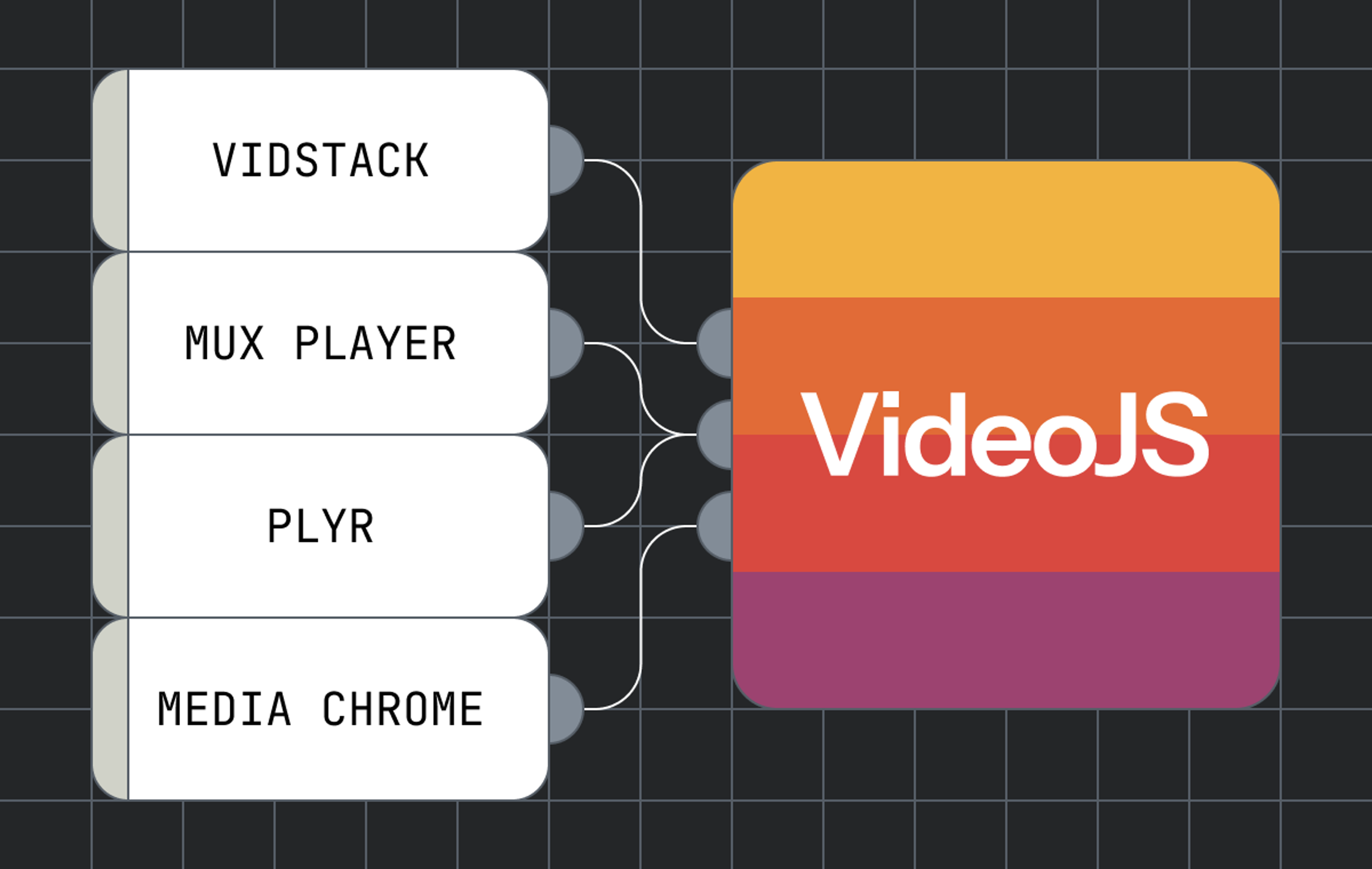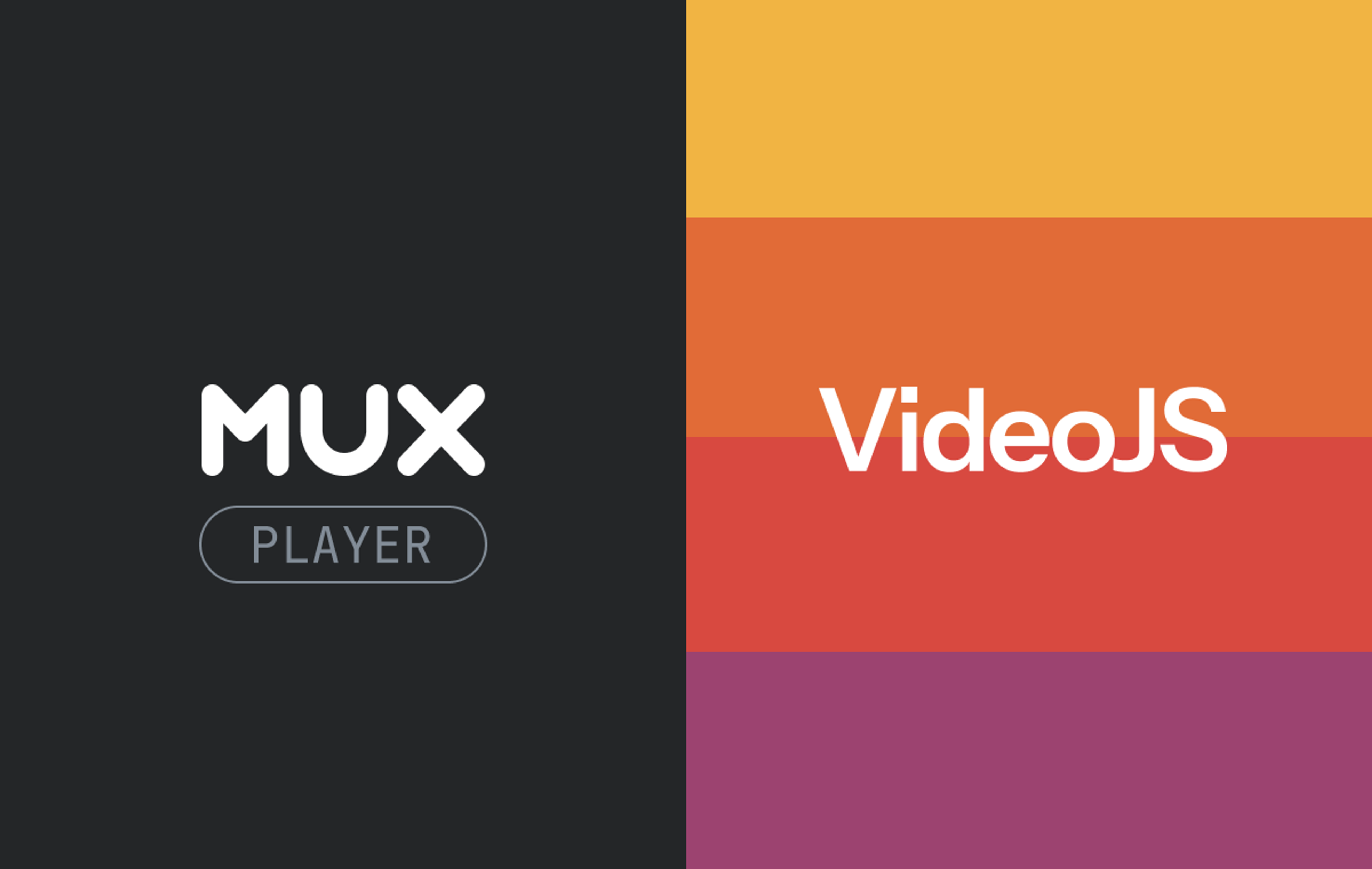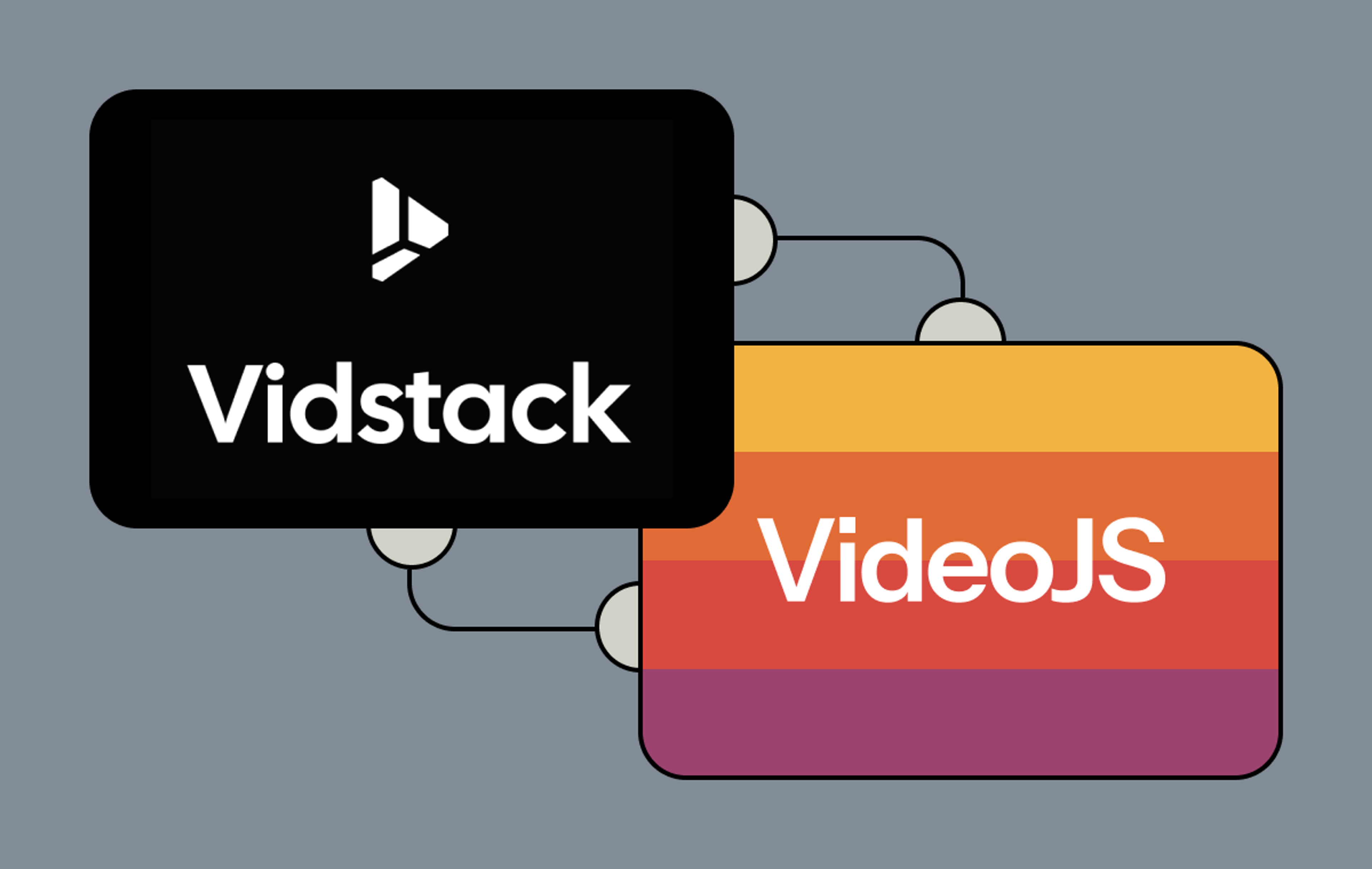Today we are happy to announce a new Mux integration to the Contentful Marketplace. Contentful is one of the most popular headless Content Management Systems (CMS) around.
If you are unfamiliar, a "headless" CMS gives you an interface for creating content, similar to a traditional CMS. The "headless" feature of the CMS is more of an absence of a feature. A headless CMS does nothing when it comes to displaying content to end users. Instead of rendering your content and creating pages for you, a headless CMS gives you and API so you can get your content yourself and you have full control over how it is presented; you can fetch content via and API and render it wherever you want!
Now with Mux, if you are using Contentful and you want to add video content, all you have to do is install the extension, add your Mux API keys, add the new Mux component to your content model, and start adding videos. When you add a video, Contentful will upload the video to your Mux account. Mux will do its usual transcoding and give you back a playbackId so you can playback your video on whatever site or app you are creating.
View in the Contentful MarketplaceHow it Works
This is how the Contentful integration works. You can see the source in contentful's apps repo:
- When you select a video, our UI elements will use the credentials provided by Contentful to authenticate a request to Mux's API to upload the video and show processing state to the editor while Mux does it's work.
- When the video is ready, your Mux Asset will be returned like this in Contentful responses.
{
"uploadId": "some-upload-id",
"assetId": "some-asset-id",
"playbackId": "a-public-playback-id"
"ready": true
}Now all you have to do is use the public-playback-id in a player that supports HLS to playback your video. We have some guides here to help you with playback.
Have another headless CMS that you like to use and would like to see an integration for? We would love to hear about it, let us know!



